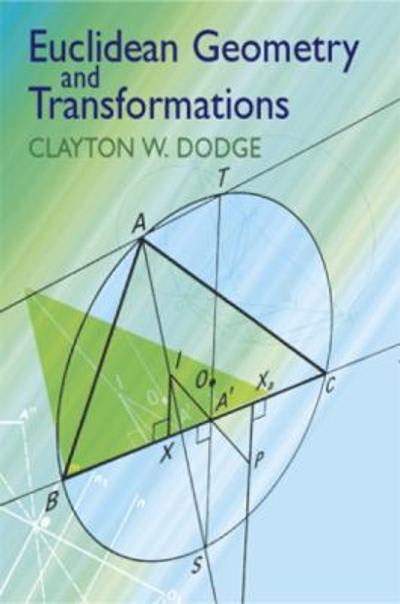Question
30. If you roll a pair of dice, are you more likely to roll a 6, a 7, or are both outcomes equally likely? 31.
30. If you roll a pair of dice, are you more likely to roll a 6, a 7, or are both outcomes equally likely?
31. You wake up one morning with severe pain in your kidneys. You've never had pain this severe and persistent in your kidneys before, so you think there is definitely something wrong. Before getting any concrete evidence, you estimate that there is about a 9/10 chance that there is something seriously wrong with you. You go to see the doctor and, after a series of preliminary tests, are told that you might have a rare disorder. Your doctor suggests that you be tested. The test, however, is not conclusive. The test is 90% reliable, meaning that if you in fact have the disorder, the test will detect it nine times out of ten. Alternatively, if you donothave the disorder, the test will correctly identify it nine times out of ten.
The test comes back negative. What is the probability thatyou have the disorder in questiongiven that youreceived a negative test result?
32. You are still unsure whether there is cause for concern, so you ask to be retested. The test, once again, comes back negative.Use your answer from the previous question torevise your prior degree of belief in light of the second negative test result.
Step by Step Solution
There are 3 Steps involved in it
Step: 1

Get Instant Access to Expert-Tailored Solutions
See step-by-step solutions with expert insights and AI powered tools for academic success
Step: 2

Step: 3

Ace Your Homework with AI
Get the answers you need in no time with our AI-driven, step-by-step assistance
Get Started


